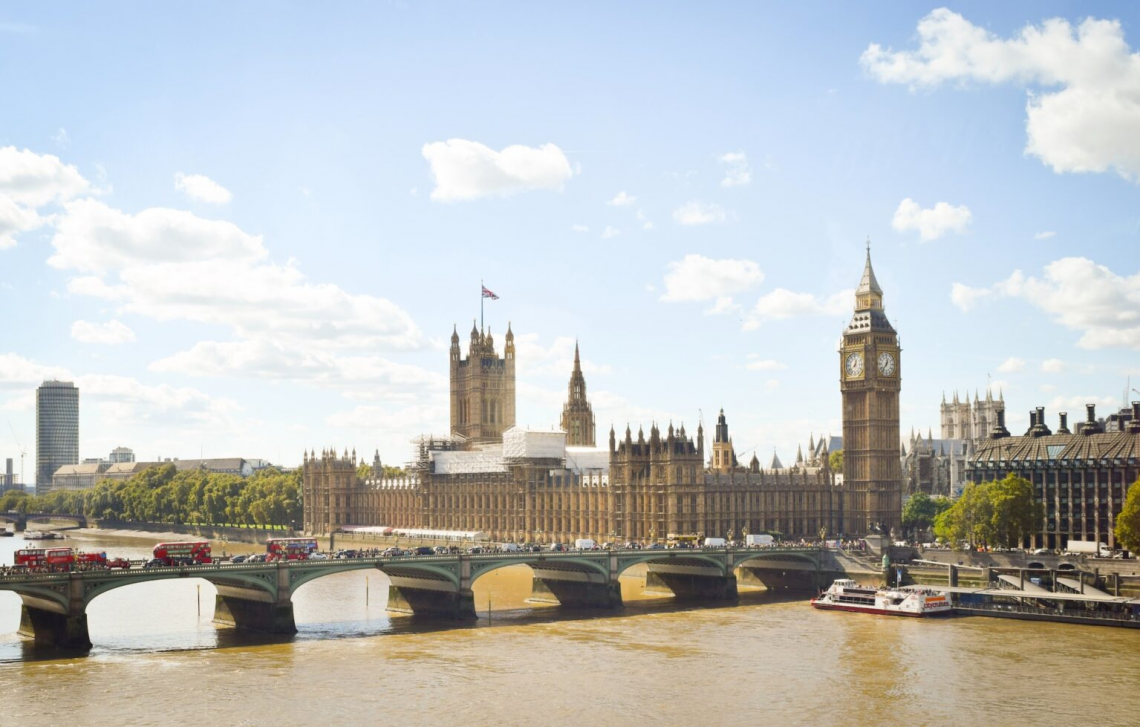
David Cameron Makes His Not-So-Anticipated Return
Staff writer Ella Buckley discusses former Prime Minister David Cameron’s return to frontline politics as Foreign Secretary.
If you did a double-take the morning of 13 November when looking through your phone notifications, I wouldn’t blame you – nor would you be alone. It is true, not some confusing dream, that former Prime Minister David Cameron (now known as Lord Cameron) has returned to cabinet, as Prime Minister Rishi Sunak’s Foreign Secretary.
The news was announced as part of Sunak’s newest cabinet reshuffle in which, less surprisingly, Sunak sacked former Home Secretary Suella Braverman (a move that some of us have been waiting for since her re-appointment in October last year, and others at least since last week). This decision came after Braverman’s various comments last week which caused great amounts of controversy and criticism. These included her comment that homelessness is a ‘lifestyle choice’, as well as her accusation that the Met Police were ‘playing favourites’ by allowing the pro-Palestine march to take place on Armistice Day (11 November). Notably, the latter comment was made without the permission of Downing Street, and was later accused of having fuelled violence after far-right counter-protestors took to the streets.
Lord Cameron himself announced the news on X, formerly known as Twitter, in which he explained that he believes “in public service” and that he doesn’t necessarily agree with everything Rishi Sunak has done thus-far, but that he is “a strong and capable Prime Minister” (a fact not reflected by the current polls).
The first question which comes to mind is simply how has this even happened? Well, the answer is through the medium of the House of Lords. This morning, not only did David Cameron become Foreign Secretary, he also became a Lord (a good day to be David Cameron) – that said, I can’t imagine how Nadine Dorries must be feeling now given that Cameron appears to have jumped the queue for a peerage, while she continues to wait. As explained by Faith Ridler, political reporter for Sky, “in order to be in government, someone has to be in parliament. That means either in the Commons or the Lords”. This makes an interesting decision, since the House of Lords is already controversial as it is, being that it is an unelected second chamber.
Thus, we’ve now hit 2 unelected officials in our most prominent cabinet roles (i.e. Prime Minister and Foreign Secretary). With this, the Conservative Party seems to be continuing their project of moving swiftly further and further away from democracy in preparation for our next General Election, which will occur sometime next year.
It is hard to decipher exactly why Rishi Sunak has made this decision. Perhaps he was trying to divert attention from himself as an unelected Prime Minister (at least, in the sense of the public voting for him), or perhaps there really are no Tory MPs left. Although, the only real reason I can think of is a steer away from the far-right and a last-ditch effort to win more Tory seats in the next election. It was a challenging week for the Prime Minister, due in part to Suella Braverman’s aforementioned comments that led to an investigation into her article on the Met Police, as well as the Supreme Court ruling the government’s Rwanda plan unlawful. His choice of appointing David Cameron, known for his coalition government with the Liberal Democrat Party, could be seen as a step away from this – given that Cameron represents a centre-right sub-group of the Conservative party, known widely as the one nation Tories. Equally, I would be somewhat surprised if they share similar political views – given Sunak’s track record of far-right policies and views on the right to asylum as well as trans rights, along with their deeply contrasting views on Brexit.
The choice of Foreign Secretary feels awfully bold. The irony is very much not lost on me, having spent several hundred pounds on a French visa for my year abroad last year – several hundred pounds I would not have had to spend four years ago. As the Prime Minister who decided to hold a referendum on membership of the European Union, and then proceeded to resign stating, “I was absolutely clear about my belief that Britain is stronger, safer and better off inside the EU… As such I think the country requires fresh leadership to take it in this direction”, one can’t help but think that he may not be the best for dealing with our country’s relations with the rest of the world (again, we question why a Remainer would agree to an EU referendum in the first place…?). It would likely be better to have a Foreign Minister who is not known to Europe as “the man who caused Brexit to save his own government“, as once described by a senior EU official. However, that being said, at least it isn’t Boris Johnson, who is undoubtedly remembered more for the Brexit failures than Cameron, thanks to the coalition Prime Minister’s swift disappearance in 2016.
Additionally, now that Cameron is in charge of all foreign affairs for the UK, we must remember his intervention in Libya which was, according to The Guardian, “carried out with no proper intelligence analysis” leading to a country “on the verge of all-out civil war“. This should leave us with some very serious concern about Rishi Sunak’s choice of Cameron as the appropriate person to tackle “a daunting set of international challenges“, as described by David Cameron himself.
Overall, what does this mean for Rishi Sunak? Well, most definitely not an election win but certainly an attempt at one, and at least a bit of a distraction.

